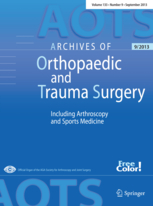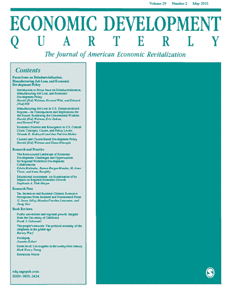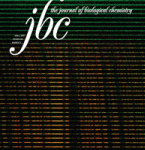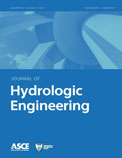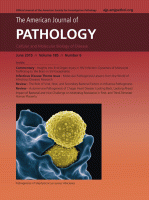
A paper about computerized facial recognition has been pulled because “most of the contents of this article is plagiarized from an article under consideration elsewhere,” according to the retraction statement.
Applications of computer face recognition include surveillance and criminal identification. The authors propose a new method for picking out facial features in the original 2013 article, “Pose invariant face recognition using biological inspired features based on ensemble of classifiers.”
The retraction note offers few details on what went wrong. Here it is, in full:
Continue reading Plagiarism identified in computer face recognition paper

